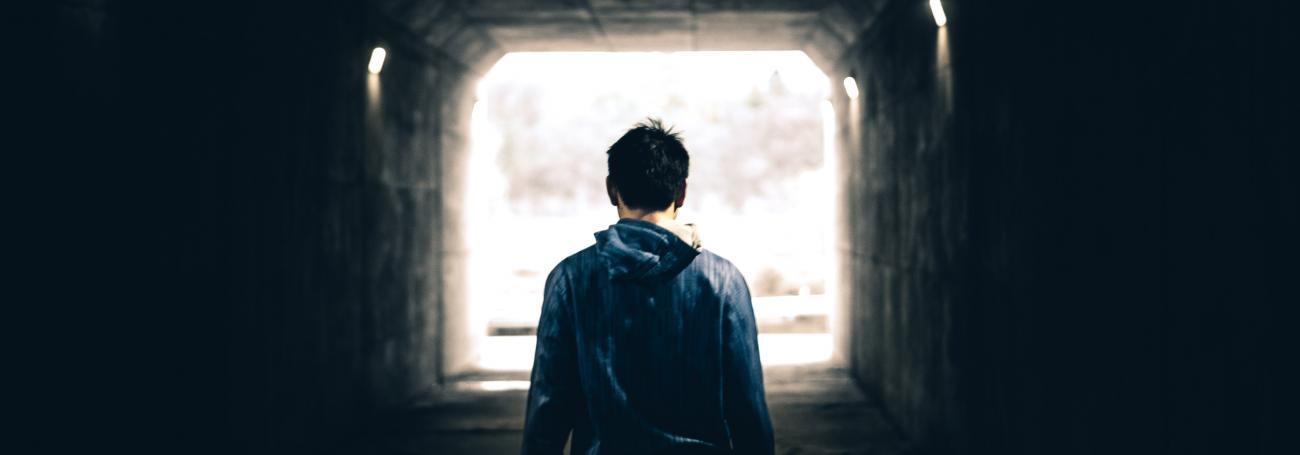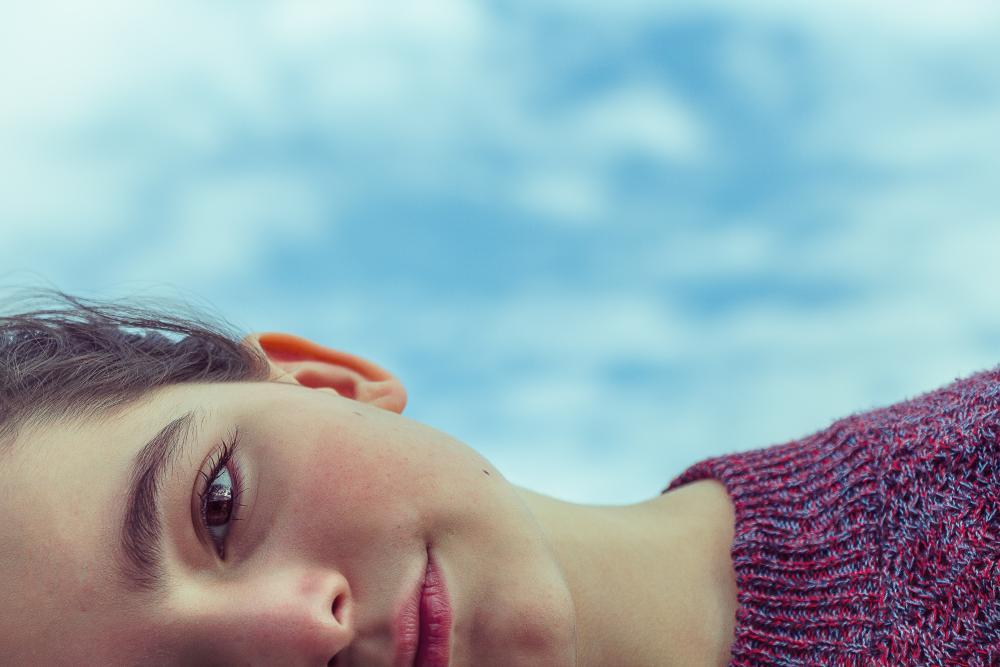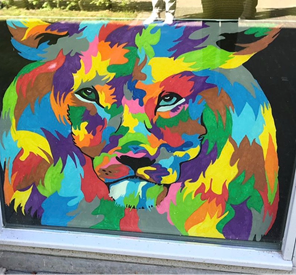
Young, healthy, happy, lonely, vulnerable, limited, bored, safe or not safe? These are some keywords addressing the state of young people confronted with measures taken due to the Covid-19 virus. During the so named ‘intelligent lock down’ in the Netherlands the streets and parks were suddenly empty. Schools and restaurants and many companies were closed. The life of children, as they knew it, changed completely. They were not allowed to visit their grandparents and, due to the schools closing, many parents became their teachers at home. Children were confronted with new rules for social activities, sports and meeting up with friends.
The impact of Covid-19 on children and young people in the justice system is even stronger, as the measures put important rights and procedural safeguards under pressure. All of a sudden children are receiving fines of €95 for social interactions such as playing together, standing too close to each other or gathering in a group when meeting up with friends in the park or at the beach. For children in the justice system their rights to a lawyer, education, treatment, visits and leave have been on hold for at least two months and procedures have changed fundamentally: courts have been closed, cases have been delayed, hearings have taken place via telephone and life within young offender institutions has become even more restricted.
Since mid May 2020 the Covid-19 measures are slowly becoming more flexible. Courts are opening their doors again prioritising youth cases (Letter Ministry of Justice and Security, 15 May 2020). However, procedural safeguards in the youth justice system will remain to be pushed and life within youth correctional centres will continue to be more restricted for an uncertain period of time. Human Rights organisations, such as UNICEF, Terre des Hommes and Defence for Children International, have already expressed their concerns and the Netherlands Committee of Jurists for Human Rights (NJCM) sent a letter to the Minister for Legal Protection. This was followed by questions of two members of Parliament addressing several violations in the justice system including the right to a lawyer, a fair trial and privacy. But for children, it is most important to participate in the decisions that affect them in the near future. It is now time to call upon nation states further to involve especially children in the justice system when making decisions for ‘(post) Covid-19 times.’





